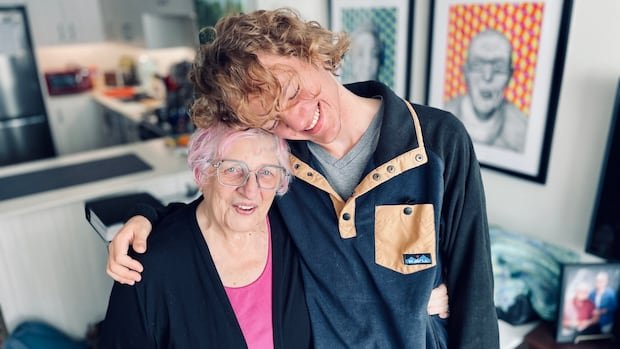In the upcoming fall Fridays, Marion Gommerman, aged 82, will be found in a classroom in Toronto, surrounded by university peers who could easily be her grandchildren. This unique venture began a year ago when Gommerman participated in a class with fellow residents of her assisted-living facility. The connections she formed and her desire for more knowledge sparked a decision to revisit studies she had started long ago. Witnessing her grandson graduate inspired her to enroll for credit as a University of Toronto student, with her initial course focusing on health and the aging population of Canada.
Gommerman expressed that seizing this opportunity was crucial as it allowed her to challenge herself and not just chase a diploma. The interaction across different age groups in educational settings is not commonly experienced by Canadians, but those engaging in such endeavors find it to be a stimulating and enlightening experience that benefits all involved.
Raza Mirza, who has been teaching the health and aging course Gommerman is taking for around ten years, has implemented changes over time, including inviting seniors for in-class visits, even if they were not formally enrolled. This innovative approach has led to positive interactions and learning experiences, with Mirza emphasizing the importance of building connections post-pandemic and overcoming age-related stereotypes.
Carolina Galhardo, a fourth-year student studying biology, immunology, and physiology, is enthusiastic about the formal learning experiences in Mirza’s class, especially the opportunity to interact directly with older adults. Recognizing the relevance of understanding the aging process, Galhardo views this as a valuable experience for all community members.
For Gommerman, the return to academia is a special moment as she joins her grandson, Sam Griffin, who is pursuing jazz performance at the same university. Griffin believes that his grandmother’s unique perspectives and insights can enrich the learning experience for all, fostering deeper understanding and a broader outlook on course materials.
The intergenerational classroom setting not only promotes solidarity and understanding but also provides a platform for diverse perspectives to be shared and appreciated. Ultimately, the shared learning experience transcends age boundaries, leading to a more enriched educational journey for everyone involved.


